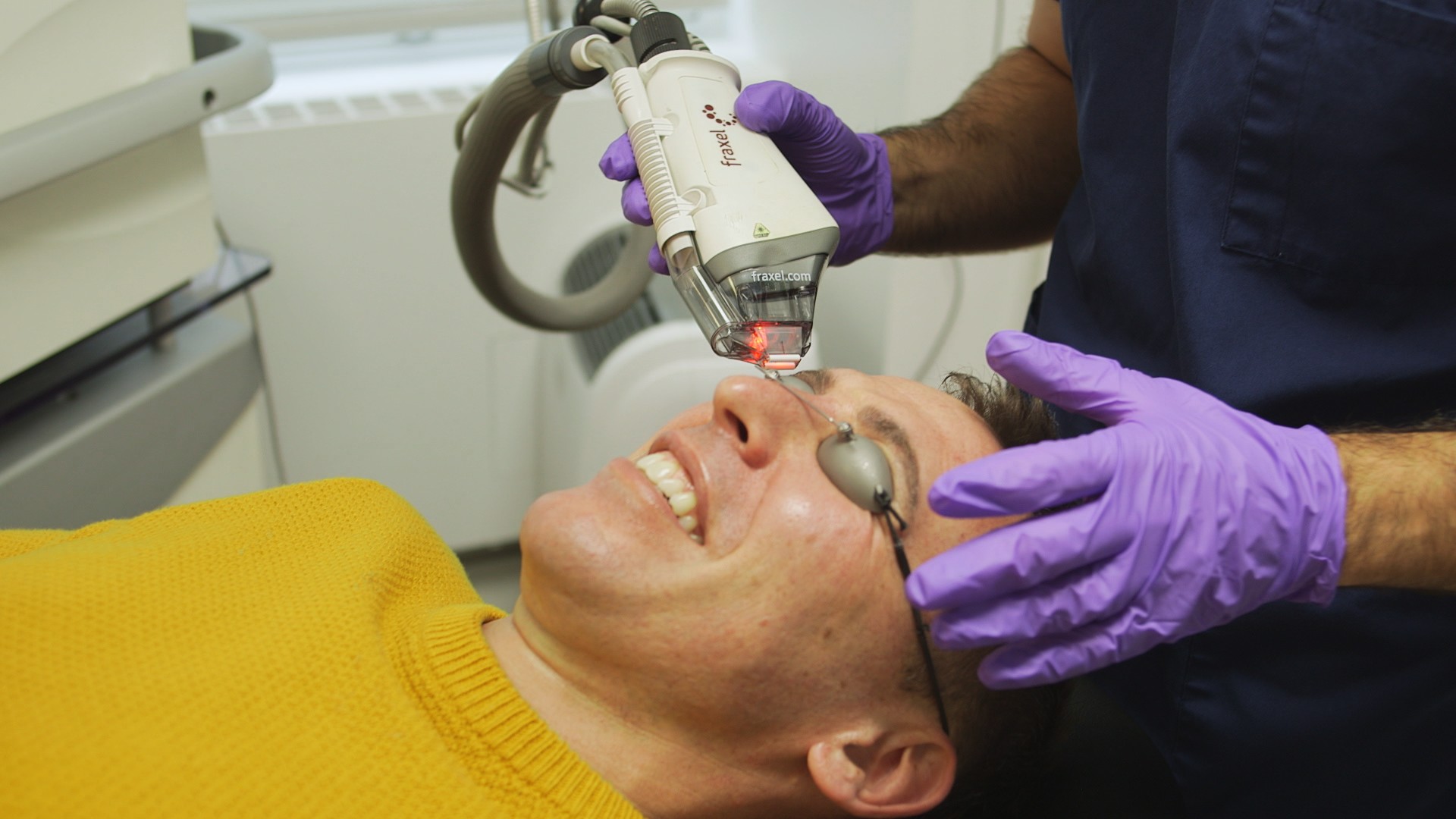Miguel Sotomayor/Getty Images
It’s safe to say no one likes having an acne outbreak. For most of us, it’s just a temporary inconvenience—a physical, treatable problem, and one that the majority of adolescents outgrow.But because of the social stigma around acne, there may be deeper psychological effects, according to a new study. The research, undertaken by scientists at the University of Limerick, Ireland, and published in PLOS One, surveyed 271 people who had acne. Their responses showed an association between assuming negative perceptions from those around them—imagine a taunting voice saying “pizza face” over and over—and higher levels of psychological distress.Those who reported a high level of social stigma (feeling society is grossed out by acne) had higher levels of anxiety and depression, as well. There were physical symptoms, too, including sleep disturbance, headaches, and gastrointestinal problems. Females reported greater impairment in their quality of life, and showed more symptoms than males. Acne severity mattered, as well; those with worse cases reported greater quality of life and psychological distress.
More from Tonic:
In other words, while acne is relatively harmless, internalizing the social stigma around it can have lasting detrimental effects—and women and those with more severe acne seem to feel those effects the worst. Previous research hadn’t focused on this question, according to the paper’s authors, and the results underscore the pernicious effects of acne stigma."We know from previous research that many acne sufferers experience negative feelings about their condition, but we have never before been able to draw such a direct link between quality of life and perception of social stigma around acne," Aisling O'Donnell, study co-author and a member of the Department of Psychology and Centre for Social Issues Research at UL, said in a statement.That suggests there’s still work to be done in destigmatizing acne. The researchers note how poorly people with acne are represented in pop culture, advertising, and social media; that negative representation (or lack thereof) can lead people to feel marginalized—that they’re not “normal.” Those feelings can cause depression and anxiety, and even manifest as physical symptoms, with much greater consequence than the acne itself.The researchers point to the acne-positive movement and social media campaigns such as #freethepimple as good first steps. Representation and re-framing can help remind people that they’re more than their acne. But as with so many issues involving stigma and mental health, there’s always more work to be done.Sign up for our newsletter to get the best of Tonic delivered to your inbox.
Advertisement
More from Tonic:

In other words, while acne is relatively harmless, internalizing the social stigma around it can have lasting detrimental effects—and women and those with more severe acne seem to feel those effects the worst. Previous research hadn’t focused on this question, according to the paper’s authors, and the results underscore the pernicious effects of acne stigma."We know from previous research that many acne sufferers experience negative feelings about their condition, but we have never before been able to draw such a direct link between quality of life and perception of social stigma around acne," Aisling O'Donnell, study co-author and a member of the Department of Psychology and Centre for Social Issues Research at UL, said in a statement.That suggests there’s still work to be done in destigmatizing acne. The researchers note how poorly people with acne are represented in pop culture, advertising, and social media; that negative representation (or lack thereof) can lead people to feel marginalized—that they’re not “normal.” Those feelings can cause depression and anxiety, and even manifest as physical symptoms, with much greater consequence than the acne itself.The researchers point to the acne-positive movement and social media campaigns such as #freethepimple as good first steps. Representation and re-framing can help remind people that they’re more than their acne. But as with so many issues involving stigma and mental health, there’s always more work to be done.Sign up for our newsletter to get the best of Tonic delivered to your inbox.